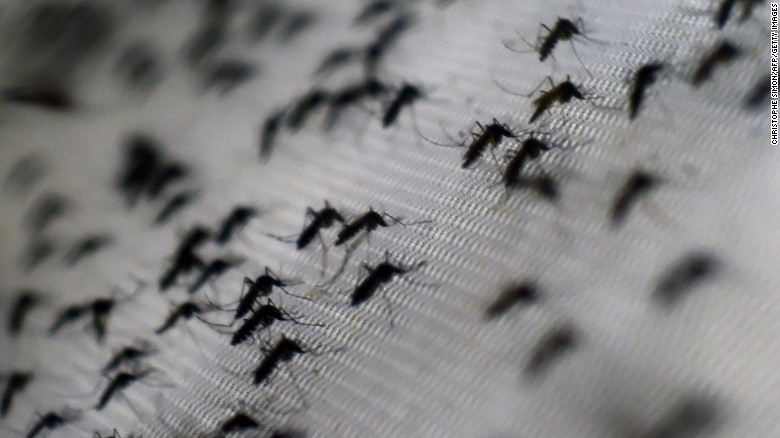Florida Department of Health Investigators said Thursday that there are two new non-travel-related cases of the Zika virus in their state, bringing the total number of non-travel-related cases to 35.
Both of the new cases were located outside the Wynwood area of Miami-Dade County, where officials have said they believe most local transmission is occurring.
Health officials are investigating nine of the non-travel-related cases because they are not within the area of local transmission and do not appear to be linked to that area.
Other media outlets are reporting that new Zika cases have surfaced as a result of local transmission from mosquitoes in Miami Beach.
Citing anonymous health officials, the claim is being made by The New York Times, Washington Post, Miami Herald, Wall Street Journal and Reuters.
CNN has not been able to confirm these independent reports with the Florida Department of Health or the CDC.
“We have not been told by Health Department officials about Zika cases in Miami Beach as of 7:30 p.m. ET,” Melissa Berthier, Public Relations Manager at the Miami Beach mayor’s office told CNN Thursday evening.
Florida health officials note that “one case does not mean active transmission is taking place.”
In an unprecedented move, the Centers for Disease Control and Prevention warned pregnant women to steer clear of the Wynwood neighborhood this month, and a mosquito-control team began spraying a 10-square-mile area north of downtown Miami to combat the virus.
Last week, CDC spokeswoman Erin Sykes said, “If we see new Zika clusters that are linked to this cluster outside of the one-mile radius [of Wynwood] or people who became ill with links to this specific one-mile radius area after mid-August, then this would be a cause for additional investigation and action. For now, we expect to find infections that occurred before these mosquito control measures were implemented.”
On Monday, Texas health officials announced a confirmed case of the Zika virus in a person who had traveled to the affected area in Miami.
The Zika virus has been linked to microcephaly, which causes unusually small heads and brain damage in children born to infected mothers. It is also linked to blindness, deafness, seizures and other congenital defects.
In adults, the virus is linked to a form of temporary paralysis called Guillain-Barré syndrome.
